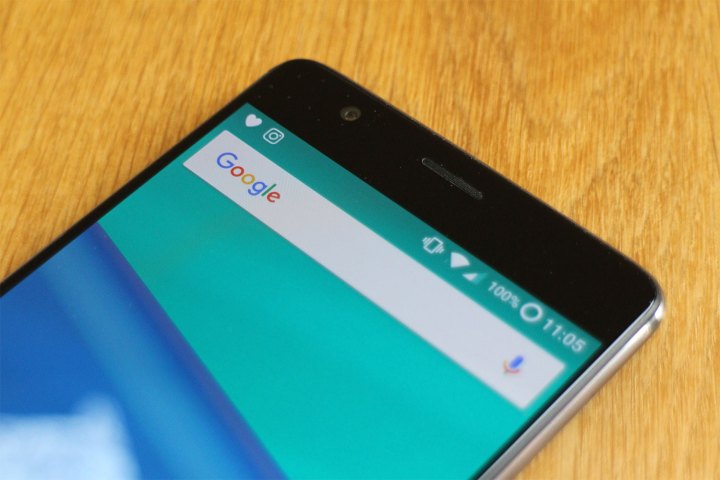
Previously, if you were to drive through a tunnel or walk into a dead zone while looking something up on Google, you ran the risk of losing your search query altogether. Sure, retyping your question wasn’t the end of the world, but it could certainly be frustrating, especially if you’d landed upon a particularly fruitful string. But now, Google has updated its app to save search results as soon as they’re retrieved, even if you lose connection or turn your phone to airplane mode. “So the next time you lose service, feel free to queue up your searches, put your phone away and carry on with your day,” Sharad explained. “The Google app will work behind the scenes to detect when a connection is available again and deliver your search results once completed.”
But wait, you say — won’t this be a drag on your Android smartphone’s battery life? Or worse yet, could it drive your data charges through the roof? Not so, Google assures us. Indeed, Sharad noted that the new feature wouldn’t drain battery life at all, and because it fetches streamlined search results pages, the updated app also has a minimal impact on your data usage.
So continue on your curious quest, friends. Google for Android has you covered regardless of whether or not your mobile service provider does.
